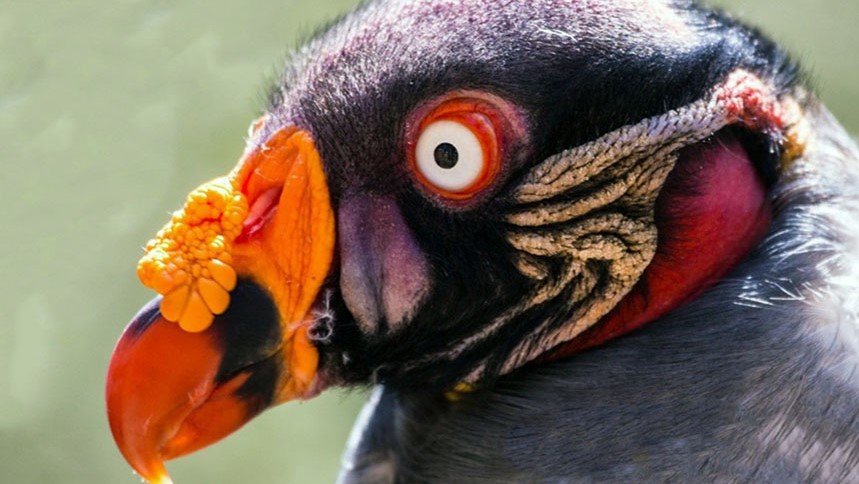The alliance of the Terrestrial Vertebrates Group of the Cavanilles Institute of Biodiversity and Evolutionary Biology (ICBiBE) of the University of Valencia with the Andean Condor Foundation (Quito, Ecuador) will improve biodiversity conservation in Ecuador, a country where almost 40% of vertebrate species are in some category of threat. The strategic collaboration agreement seeks to optimize natural resource management efforts in the Andean country
Ecuador stands out as one of the most diverse countries in the world, and despite this, about 40% of vertebrate species are in some category of threat, according to its Ministry of Environment. In this context and in view of the urgency of establishing conservation strategies based on technical and scientific criteria, the Andean Condor Foundation and the Cavanilles Institute of Biodiversity and Evolutionary Biology, located in the Scientific Park of the University of Valencia, have signed an agreement through which both organizations will collaborate to obtain scientific, biogeographical and ecological information through spatial ecology - the meeting point between animal and plant ecology.
"This approach will allow the planning and management of biodiversity at different scales, especially in priority areas for conservation in Ecuador and the Neotropical region, with particular emphasis on threatened species and ecosystems," says Pascual López López, professor responsible for the work on behalf of the UV and member of the Terrestrial Vertebrates Group of the Cavanilles Institute of Biodiversity and Evolutionary Biology (ICBiBE).
"This approach will allow the planning and management of biodiversity at different scales, especially in priority areas for conservation in Ecuador and the Neotropical region, with a particular emphasis on threatened species and ecosystems", Pascual López López, professor responsible for the work on behalf of the UV and member of the Terrestrial Vertebrates Group of the Cavanilles Institute of Biodiversity and Evolutionary Biology (ICBiBE)
For more than a decade, the Andean Condor Foundation has integrated satellite telemetry into its projects. This has made it possible to determine spatiotemporal patterns of habitat use and to understand the relationship between patterns of space use and distribution of trophic resources in the breeding areas of threatened vertebrates, such as mammals and birds. The project began in 2012 with the Andean condor (Vultur gryphus) and was expanded in 2018 to include the Andean eagle (Spizaetus isidori). Since 2021, the ecological interaction networks of species such as the Andean bear (Tremarctos ornatus) and the king redpoll (Sarcoramphus papa) have also been studied, efforts have made it possible to include other species such as the puma (Puma concolor), the mountain tapir (Tapirus pinchaque), the páramo wolf (Pseudalopex culpaeus), the curiquingue (Phalcoboenus caranculatus) and the jaguar (Panthera onca) through the use of satellite transmitters.
Tropical Andes and Chocó
The first phase of this project, which will be carried out during the years 2023 and 2024, will focus on the capture and marking of specimens of the species involved. In addition, the compilation, integration, transfer and analysis of data previously obtained by the Andean Condor Foundation will be carried out.
The project will cover the entire Ecuadorian territory, focusing mainly on key areas between the biodiversity hotspots of the Tropical Andes and the Chocó in Ecuador. The information obtained will allow the implementation of management measures aimed at improving the status of the neotropical vertebrate populations involved in this pioneering project in its field at the international level.
"The results will clearly exemplify the importance of private funding, scientific research, natural resource management and biodiversity conservation," adds the Valencian biologist. The collaboration between the Andean Condor Foundation and the University of Valencia will open new opportunities for the advancement of science and the protection of nature in Ecuador.
The project will cover the entire Ecuadorian territory, focusing mainly on key areas between the biodiversity hotspots of the Tropical Andes and the Chocó in Ecuador
News in the media


